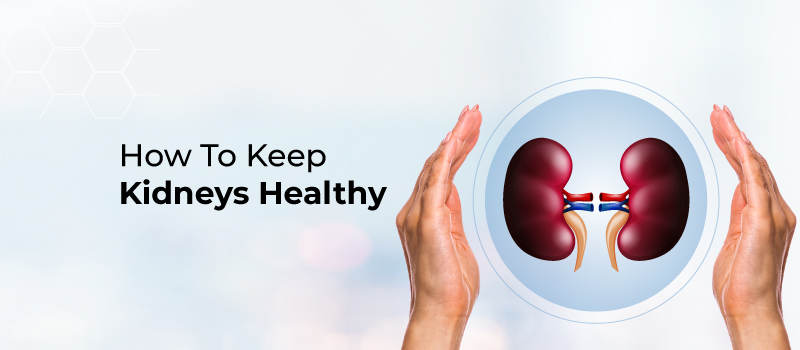Your kidneys are essential organs that work tirelessly behind the scenes to filter waste, balance electrolytes, regulate blood pressure, and produce hormones that affect the function of other organs. Yet, kidney health often gets overlooked until problems arise. Dr. Amit Kumar, a leading specialist in nephrology, emphasizes the importance of preventative care and education in maintaining optimal kidney function. In this comprehensive guide, we will share practical and effective kidney health tips to help you stay healthy.
Understanding Kidney Function
Your kidneys are two bean-shaped organs located on either side of your spine. They perform several critical tasks:
- Filtering waste from the blood and excreting it through urine
- Balancing fluids and electrolytes
- Regulating blood pressure
- Supporting bone health by maintaining calcium and phosphorus levels
- Producing hormones that influence red blood cell production
Given their importance, taking good care of your kidneys should be a top priority.
1. Stay Hydrated, But Not Overhydrated
One of the simplest kidney health tips is to drink enough water. Hydration helps the kidneys clear sodium, urea, and toxins from the body. However, overhydration can stress the kidneys. The ideal water intake varies depending on your age, activity level, and climate, but generally, 8-10 glasses a day is sufficient for most adults.
2. Eat a Balanced Diet
A kidney-friendly diet includes fruits, vegetables, whole grains, and lean proteins. It should be low in sodium, added sugars, and unhealthy fats. Limiting salt intake can help regulate blood pressure and reduce the risk of kidney damage. Dr. Amit Kumar recommends incorporating potassium-rich foods like bananas and sweet potatoes, but patients with kidney disease should consult a doctor, as too much potassium can be harmful.
3. Monitor Blood Pressure and Blood Sugar
High blood pressure and diabetes are two leading causes of kidney damage. Keeping these under control is critical. Regular monitoring, medication adherence, and lifestyle changes such as exercise and diet adjustments can help. Managing these conditions is one of the most important kidney health tips you can follow.
4. Exercise Regularly
Physical activity helps maintain a healthy weight, lowers blood pressure, and improves heart health—all of which benefit your kidneys. Aim for at least 30 minutes of moderate exercise (like brisk walking, cycling, or swimming) most days of the week.
5. Avoid Overuse of Painkillers and OTC Medications
Non-steroidal anti-inflammatory drugs (NSAIDs) like ibuprofen can harm the kidneys if used excessively. Even over-the-counter medications and herbal supplements can have adverse effects. Always follow dosage guidelines and consult a healthcare provider if you use medications frequently.
6. Don’t Smoke or Drink Excessively
Smoking slows the flow of blood to the kidneys, reducing their ability to function properly. Alcohol, when consumed in excess, can cause changes in kidney function and lead to chronic damage. One of the best kidney health tips Dr. Amit Kumar emphasizes is to quit smoking and moderate alcohol intake.
7. Get Regular Kidney Function Tests
Routine check-ups, especially if you have risk factors like diabetes, hypertension, or a family history of kidney disease, are vital. Tests such as serum creatinine, GFR (glomerular filtration rate), and urine analysis help detect issues early.
8. Maintain a Healthy Weight
Obesity increases the risk of conditions like diabetes and high blood pressure, which are detrimental to kidney health. Adopting a balanced diet and consistent exercise routine is key to staying in a healthy weight range.
9. Be Cautious with High-Protein Diets
While protein is essential for body function, too much of it—especially from animal sources—can overwork the kidneys. Consult a nutritionist or your doctor before making major changes to your diet.
10. Manage Stress
Chronic stress can indirectly affect kidney health by raising blood pressure and promoting unhealthy habits. Incorporating stress-reduction techniques like meditation, deep breathing, yoga, or hobbies can improve overall well-being.
Final Thoughts from Dr. Amit Kumar
Kidney health should not be an afterthought. By integrating these kidney health tips into your daily routine, you can reduce your risk of kidney disease and other related health issues. Prevention is always better than cure, and regular consultation with a healthcare provider is essential.
If you have concerns about your kidney function or want a personalized plan to maintain kidney health, Dr. Amit Kumar offers expert guidance and care. Don’t wait for symptoms to appear—act today to protect your kidneys for a healthier tomorrow.
